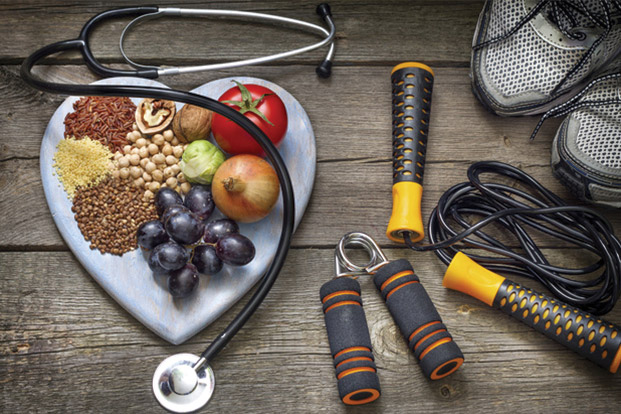Ageing and Loss of Appetite
Apr 19, 2022
Ageing is not a disease but a biological process that none of us can avoid. Ageing is a reflection of the sum total of care, use/misuse or negligence of the body in previous years of life. Physical, physiological, psychological conditions, social prestige, financial status, personal life style, family composition, family support are some factors that drastically influence health of the elders. This is a period of critical changes in body, mind and spirit. A little care and caution will prevent or delay many disabilities due to aging.
Ageing and changes:
Ageing can be associated with changes in lifestyle and health that may affect the types of foods eaten and the nutritional status, loneliness, boredom, depression and worrying about the future can lead some to neglect of food intake and reduces appetite. It is very important to address these factors and seek ways to improve diet to fulfill nutritional requirements.
The number of taste buds decreases with ageing which reduce sensitivity to taste and reduce appetite. There is reduction in gastric juices, gastric acid and digestive enzymes resulting in slow down of the digestive process. It also reduces the absorption of food and nutrients. There is decreased secretion of saliva and it effects is swallowing. In many individuals, decay or loss of teeth affects ability to chew. Eating hard and chewy foods is difficult for them. The digestive system is very sensitive to emotions. It is very important for family members to provide all kinds of support to them.

Dietary guidelines for Elders:-
- Elder persons have less appetite, hence frequent, small and nutrient dense foods should be included in daily diet.
- Invite friends and relatives to share meals with elderly person. They prefer company.
- Nourishing, digestible, easy to chew and easy to swallow foods and beverages are preferred.
- Add full cream dairy products, the fat is easily digested, cream increases energy and calcium content in the diet.
- Add some amount of ghee or butter with regular foods to increase appetite and fulfill energy requirement.
- Add sufficient quantity of fruits and vegetables and cut down of fried foods with daily diet.
- Include natural sources of fibre, such as whole grains, whole pulses, fruits and vegetables to reduce constipation.
- Ensure adequate intake of fluids in the form of juice, soup, shake and other beverages to prevent dehydration. Some sign of dehydration are mental confusion, decreased urine output, constipation, nausea, loss of appetite, dry lips and elevated body temperature.
- In case of medical problems, such as diabetes, heart disease, kidney disease, liver disease – strictly follow the dietary guideline as advised by dietician/nutritionist.









